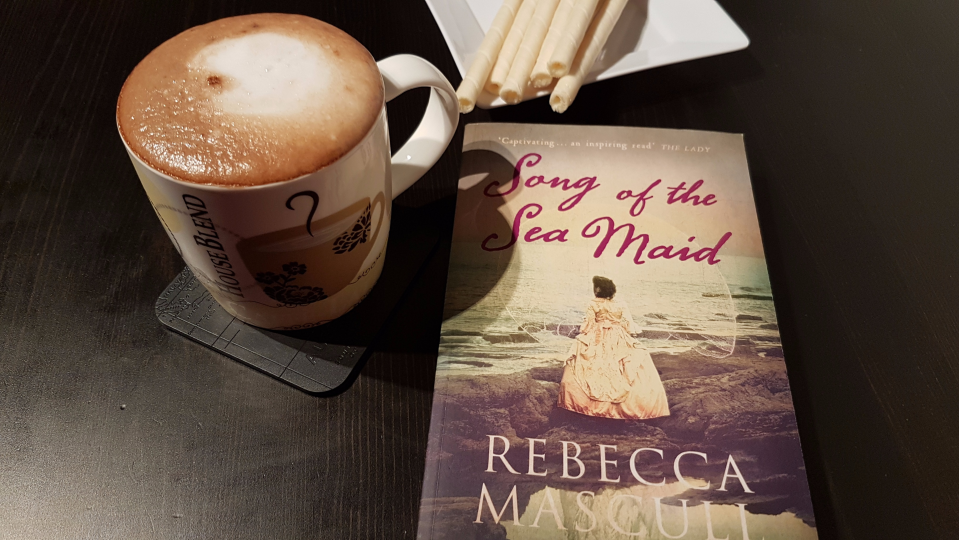Song of the Sea Maid

- Original Title:
- Song of the Sea Maid
- Author:
- Rebecca Mascull
- Published:
- 2015
- Buy at:
- bookdepository.com
This is the amazing novel about young woman’s desire for independence and education. Author of this book is Rebecca Mascull, author of the “The Visitors”, “The Wild Air” and “Song of Sea Maid”. The main character in the “Song of the Sea Maid” is Dawney Price, orphan who taught herself how to write and grew up into woman determined to be scientist. This is not easy path for one woman, since Dawney lives in 18th century London when women were not allowed to be scientist, to do research and travel alone. However, Dawney is persistent and does not give up easily.
I felt so inspired by Dawney story, her childhood dreams and by her adulthood success as well. It’s hard to imagine times when people were not taught how to write while today we take writing and reading for granted. Dawney’s story made me realise how happy we are to live in century when women can be educated and can become whatever they want. It was so inspiring to read how Dawney’s thrust for knowledge was fulfilled thanks to her great effort, how she taught herself to write while she knew that was prohibited and that she could be punished for that. I am amazed how brave she is and how she does not fear to follow her dreams.
I read this book in one breath. I recommend this book to everyone who need little inspiration to follow her/his dreams, especially to girls and women, because it will teach them to use their chances in life for education and independence and to all of us because it will remind us to be grateful that we have access to the most powerful weapon in the world: knowledge.
My favorite quotes from this book are:
“I do not weep because I have no fear. Something has changed in me since I taught myself to write. This is my armour and protects me from the blows life may deal me”;
“The scientific mind must cast beyond the moon, into unknown territory, and thus may take a wrong turn from time to time. The trick is to recognise it and instead choose a better path to knowledge, just as a natural philosopher should”.





